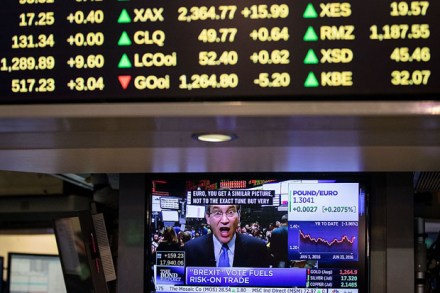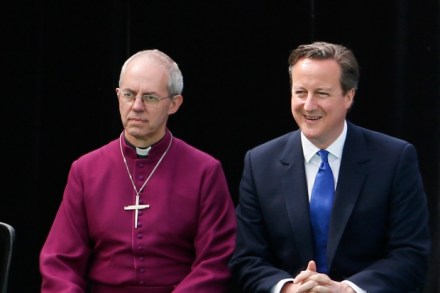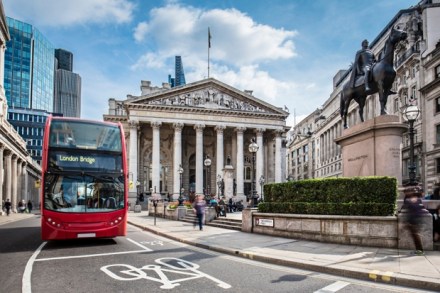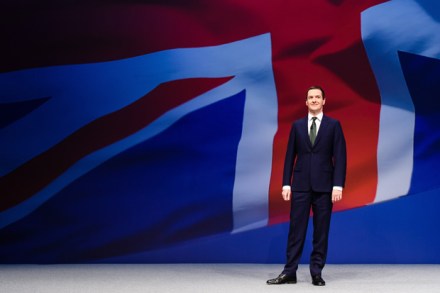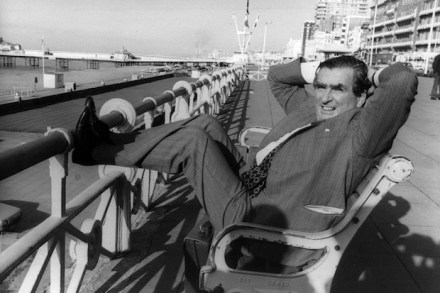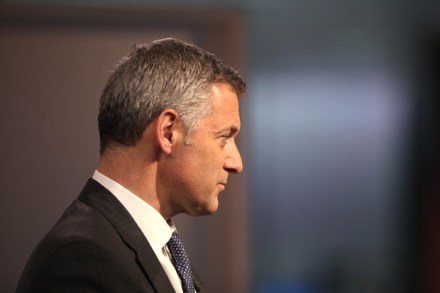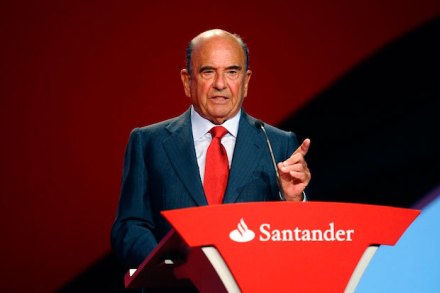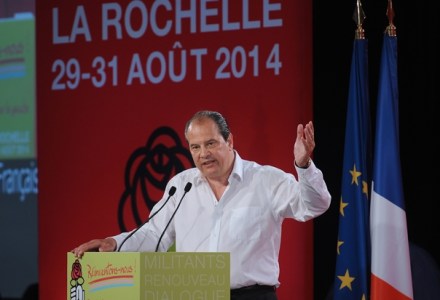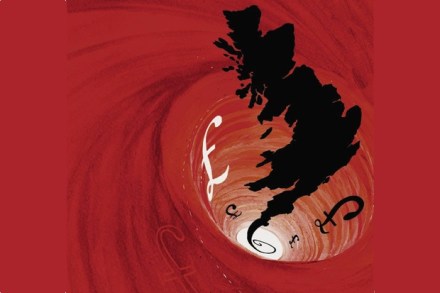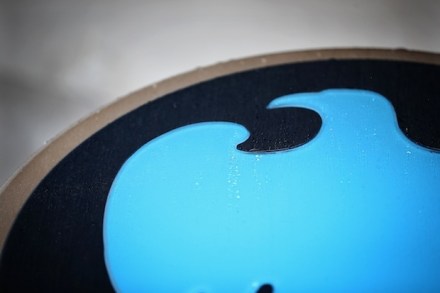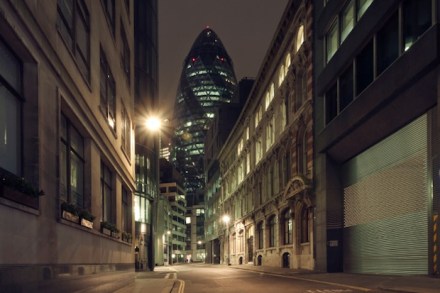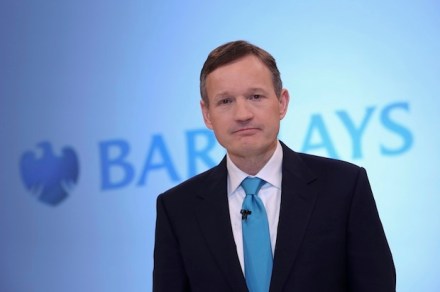Is Brexit’s impact coming at us like a derailed train – or am I panic-mongering?
I enjoyed the Daily Mail’s lambasting of the Financial Times as ‘panic-monger-in-chief’ for its doom-laden post-Brexit tone: ‘Is it determined to provoke a downturn in a bid to justify its lurid predictions?’ And I’m happy to let ‘Britain’s most self-important business newspaper’ take some flak, my own rather downbeat column last week having been so at odds with our ‘optimist’s guide’ on other pages. Panic-mongering used to be the Mail’s own stock-in-trade back in the Gordon Brown era, when it regularly invited me to wax apocalyptic on ‘the death of the middle classes’ in response to stock-market wobbles and stealth taxes. But there’s a serious point behind its FT-bashing, which
